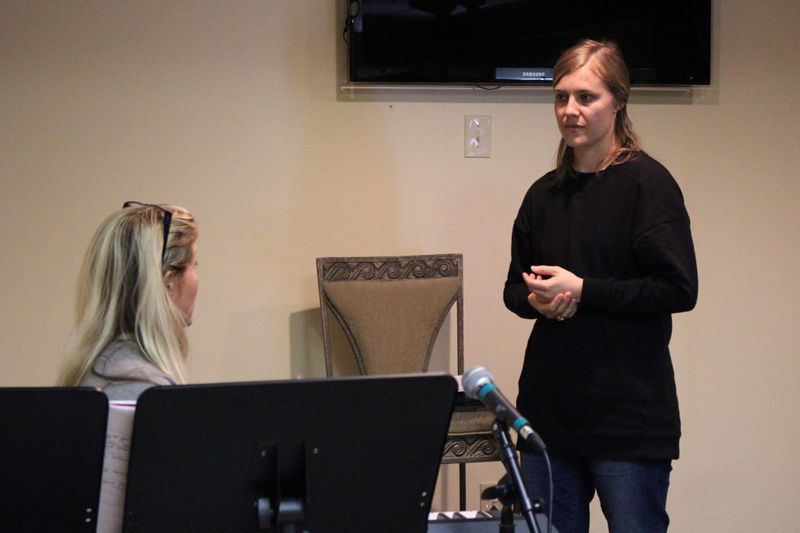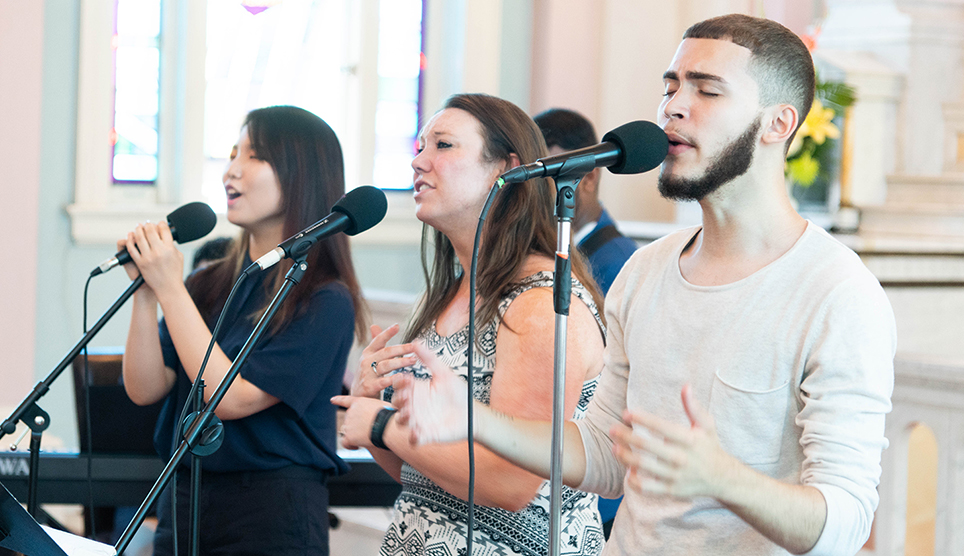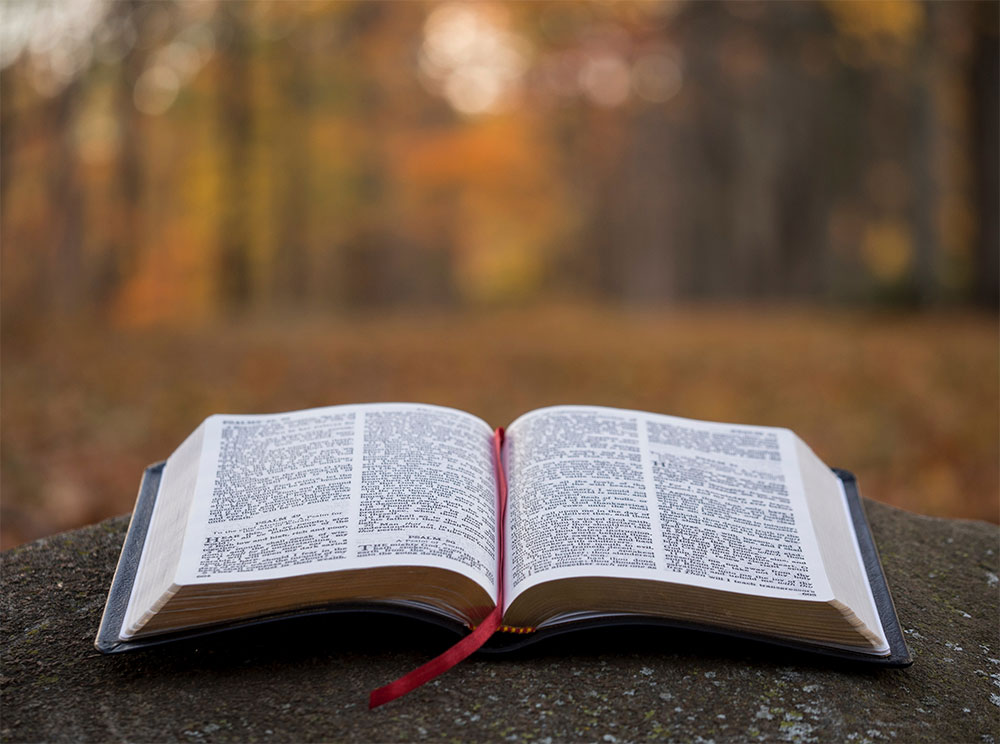Anthropologist Franz Boas traveled through the icy waters of Baffin Island in northern Canada during the 1880s, desiring to study the life of the local Inuit people. In his
1911 book, Handbook of American Indian Languages, he let loose the claim that Eskimos have many words for snow. Most academic linguists considered this to be amateur scholarship, and his claim became known as the Great Eskimo Vocabulary Hoax. The latest research, however, shows that Boas was correct. Igor Krupnik, an anthropologist at the Smithsonian Arctic Studies Center, in Washington, D.C., has proven that Inuit tribes do indeed have a plethora of words for snow. He also counted 70 terms for ice and 1,000 words for reindeer!
Languages evolve to speak to what is most important in the lives of their speakers. Think how many words we have for coffee. For the people of God, what was supremely important was their great need to worship God, and therefore we discover that within the pages of the Old and New Testaments there is a plethora of beautiful words to describe different aspects of worship. Like a diamond, you can hold these words up to the light and see different facets of God’s invitation to worship freely in His presence.
At first glance, this vocabulary of worship is not apparent in our English Bibles. The original translation of the Old Testament, from Hebrew to Latin to English, compressed or flat-lined multiple Hebrew words, each expressing a distinct facet of worship, into the single word praise. It is not just that our understanding or vocabulary has been compressed, but also, in flat-lining the theology of praise, our worship has become diminished.
Take the Hebrew word halal, which means to celebrate; to be abandoned in worship at the risk of being described as undignified. In this way, David writes, “Let them praise [halal] His name with dancing and make music to Him with the timbrel and harp.” (Psalm 149:3) The God of the Universe made us to praise Him with abandon — like children caught up in the rhythm of a song that makes you want to dance — so you do!
Beneath the drab covers of our word praise we also discover the Hebrew word zamar, meaning to celebrate in song and music. The psalmist writes, “I will sing a new song to You, O God; On a harp of ten strings I will sing praises [zamar] to You” (Psalm 144:9). Zamar is used throughout the Psalms to connote the making of music, celebrating in song and music. It is a word that appears 41 times.
Why? There is a lot going on, physically and emotionally, in music. Music improves visual and verbal skills, and it makes us happier. Studies have shown that music strengthens the heart, and listening to music releases endorphins in the brain that help to improve vascular health. Music improves the quality of our sleep, and even boosts our immune system and reduces pain. Music draws us to one another and increases our sense of self-esteem. Have you ever heard a piece of music and immediately been vividly transported back to a time and a place? According to Christopher Bergland, writing for Psychology Today, if you haven’t heard a song in years, the neural tapestry representing that song stays purer and the song will evoke even stronger and specific memories of a time and place from your past.
And spiritually, music opens the eyes of our hearts to the in-breaking of heaven. Music is a powerful tool to draw us into a personal experience with God. The prophet Zephaniah tells us that God chooses to quiet us with His love by singing over us. Music disrupts our natural equilibrium and opens an aperture where we behold heaven on earth.
Finally, let me introduce you to the word towdah. This means to extend the hand in praise as a thanksgiving for things not yet received. In the towdah, we lift our hands in the presence of God, not only for what He has done, but also for what we believe He will do. It is to praise God with expectation in His goodness. David wrote while incarcerated, “In God I have put my trust; I will not be afraid. What can man do to me? Vows made to You are binding upon me, O God; I will render praises (towdah) to You.” (Psalm 56: 11-12)
When I was at seminary, I did a placement in a poor community on the outskirts of the city. It was a community torn apart by drug abuse and gang violence. I was invited to speak at a gathering called “The Light House,” where people crammed into a tiny sitting room to worship God. They sang along to a mixed tape of worship songs, and they had threadbare photocopies of the cassette box lyrics laid out in tiny, tiny print. Clearly, however, they knew the words. With hands raised, they declared that their story, the story of their community, was not over. That they would rise up and stand in faith. They did not hold back. There was something about this tiny congregation’s declaration of bold faith in the goodness of God — despite all the darkness in their community, all the violence and gang activity, with God at their side they would not back down. They rejoiced in the light of God, holding onto His promises, trusting that He would move. And, God poured out His blessing, and His presence. He inhabited that tiny sitting room.
Is it possible that God wants to take us outside of our comfort zone in worship? Maybe the thought of lifting your hands, or kneeling, or even singing — all feels a little too enthusiastic or emotional? If you feel this way, know that this is not a shock to God and He does not love you any less. But also know this: God desires your full, free expression of praise. In Jesus, we are all called to join with heaven in a holy roar of praise — in all its beautiful facets.
Drew Williams – the Senior Pastor of Trinity Church




